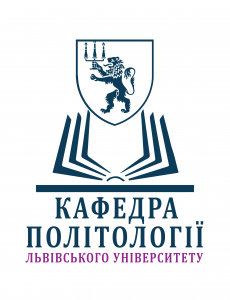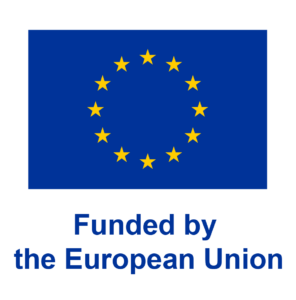📅 Date: December 6, 2023 at 3:00 p.m
📢 Conducting format: face-to-face/personal
🏛️ Venue: Lviv, st. University, 1, aud. 201
👥 Participants: 3 teams of 4th and 5th year political science students
👥 Jury: Prof. Anatoly Romanyuk and Prof. Vitaly Lytvyn
🌐 Game Legend: There are three separate states (teams) that have just gained independence. Each state is represented by a team of “founding fathers” consisting of 4 people (students). These are different states, in particular, depending on their primary political structure, including one – a unitary and centralized state, the second – a unitary and decentralized state, and the third – a federal state. States also differ in their systems of government, because among them there are presidential, semi-presidential and parliamentary republics. All states before independence were autocracies, and today they are open to the possibilities of constitutional/institutional engineering and democratization, which teams/states will project depending on the initial conditions and final goals. In the course of the game, this will be done with the aim of achieving sustainable democratic development (achievement of a consolidated liberal democracy), as a result of which each state will open or not open the door to join some prestigious international or supranational organization, by analogy with the EU. To which country and to which format this or that team of students will belong will be determined on the basis of a draw during the game. Debates within the framework of the game will concern problems: inter-institutional relations in the triangle “head of state – government – parliament”, party-electoral issues, as well as the role of civil society – all with an eye on the development of liberal democracy.
The educational game was prepared and organized by the Department of Political Science and the student society “Polis” with the financial support of the European Union as part of the “Erasmus+ Program” under the direction “Jean Monet for Higher Education” (Module “Political Institutions and Systems in Europe: Comparison and Experience for Ukraine” , No. 101126702)

